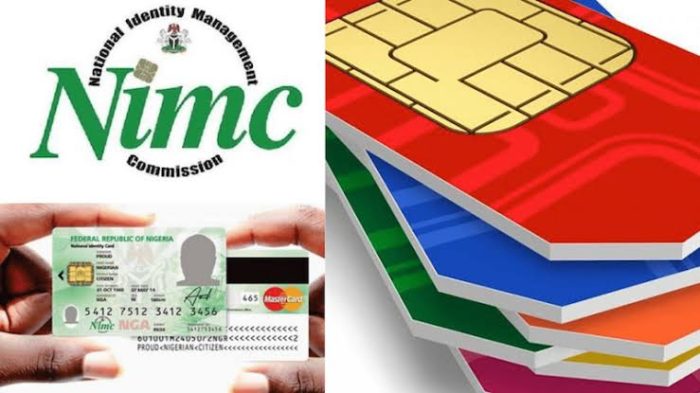Nigeria’s mobile subscriber base fell over 30% to 153.32 million in September 2024, down from 219.3 million in March.
The SIM-NIN linkage policy drove this decline by disconnecting around 66 million non-compliant lines by the September 14 deadline and achieving a 96% compliance rate.

In September 2024, Nigeria’s mobile subscriber base fell by 30.09% to 153.32 million due to the implementation of the SIM-NIN linkage policy.
As a result, telecommunications companies lost 65.98 million active lines as the deadline approached.
According to figures, the number of active lines decreased sharply from 219.30 million in March 2024.
This decline stemmed from the removal of Subscriber Identification Modules (SIMs) that the authorities did not link to a verified National Identification Number (NIN) by September 14, 2024.
Read Also: Nigeria’s Investors In Jubilation As Market Cap Hits ₦60trn
Moreover, the authorities introduced the SIM-NIN initiative to help security agencies identify criminals, particularly bandits.
Under this policy, the system bars individuals under 18 from registering a SIM, as such registration constitutes a legal contract.
In August, Newsmen reported that an estimated 66.01 million lines were at risk of disconnection if not linked by the deadline.
Fortunately, the Nigerian Communications Commission (NCC) noted that, by mid-September, they had linked 153 million lines to NINs, achieving a compliance rate of 96%.
Furthermore, the linkage initiative began in 2020, with approximately 125 million lines linked by April 2022.
The NCC has issued several deadlines since then, including a final bar on unlinked SIMs set for February 28, 2024.
Alarmingly, the initiative revealed cases of individuals possessing an excessive number of SIM cards, with some owning over 100,000.

